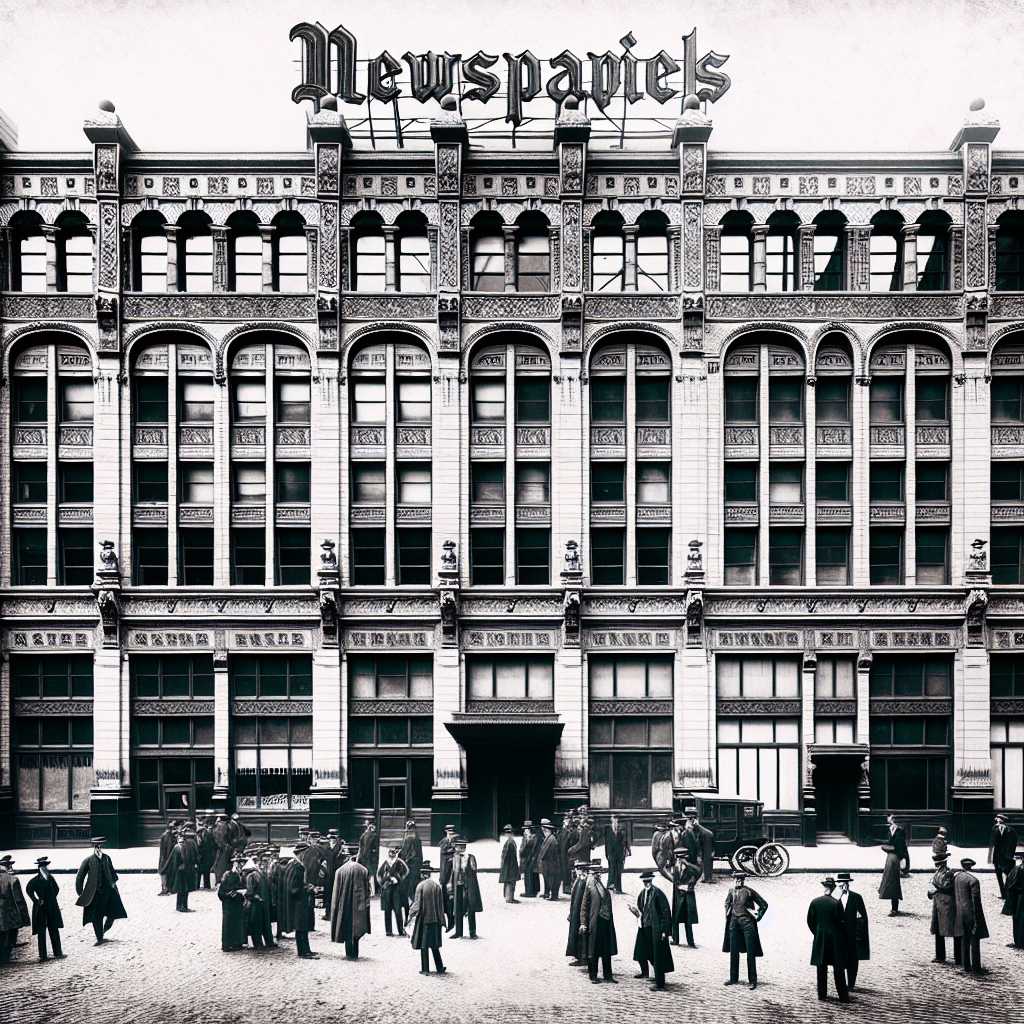The Washington Post: A Venerated Institution in American Journalism
The Washington Post is not only one of the most widely recognized names in American media, it is also a storied institution that has played a significant role in shaping the national dialogue for over a century. This long-form article will delve into the history of The Washington Post, examine its impact on journalism and politics, explore its transition into the digital age, and consider the challenges and opportunities that it faces today.
A Storied Past: The Early Years of The Washington Post
Founded on December 6, 1877, by Stilson Hutchins, The Washington Post began as a four-page newspaper with a circulation of just 10,000. Its early years saw the paper making a place for itself amid the thriving newspaper industry of the nation’s capital. In 1889, Frank Hatton and Beriah Wilkins purchased the newspaper, beginning a phase of expansion and increased influence. However, it wasn’t until philanthropist and financier Eugene Meyer bought The Post at a bankruptcy auction in 1933 that the paper began to turn toward the influential platform it is recognized as today.
Under Meyer’s leadership, followed by his daughter Katharine Graham who took over in 1963 after the untimely death of her husband Philip Graham, The Post ushered in a golden age of American journalism. This period witnessed momentous events, including the coverage of McCarthyism in the 1950s, the civil rights movement, Vietnam War reporting in the 1960s and 1970s, and above all else, the investigative reporting on the Watergate scandal that ultimately led to President Richard Nixon’s resignation.
Watergate and Its Long-Lasting Impact
Undoubtedly one of The Post’s most defining moments came with Watergate. In 1972, journalists Bob Woodward and Carl Bernstein started investigations into what seemed like a routine burglary at the Democratic National Committee headquarters. Their persistent reporting uncovered a staggering abuse of power that reached into the highest levels of government. This investigation not only cemented the newspaper’s reputation for hard-hitting investigative journalism but also exemplified the media’s role as a watchdog in American democracy. Furthermore, it inspired generations of journalists to pursue investigative work as an essential function of a free press.
Transition to Digital: Adapting to Changing Times
As with all traditional media outlets, The Washington Post has faced challenges in adapting to the digital era. Its answer came in part when Amazon founder Jeff Bezos acquired the paper in 2013. Since then, The Post has made significant strides in its digital strategy, prioritizing digital subscriptions and online content over traditional print advertising revenue. This has included innovations in technology to improve reader experience and pioneering new forms of digital journalism.
The acquisition by Bezos heralded not only an infusion of capital but also brought a tech-savvy edge to the company culture which allowed it to leverage cutting-edge technology and analytics in service of journalism. This blend has been seen by many as a successful model for newspapers in the digital age.
Current Challenges and Opportunities
Today’s media environment presents numerous challenges for entities like The Washington Post. These include navigating political polarization, combating misinformation, adjusting to changing consumer preferences for media consumption, and retaining public trust at a time of widespread skepticism about mainstream media sources.
Despite these hurdles, there are reasons for optimism. The paper’s strong emphasis on quality journalism has contributed to a rise in subscriptions, both print and digital. Moreover, as media companies explore revenue models beyond advertising—such as live events, podcasts, and custom content—The Washington Post is well-placed to innovate owing to its significant resources and willingness to experiment under Bezos’ ownership.
